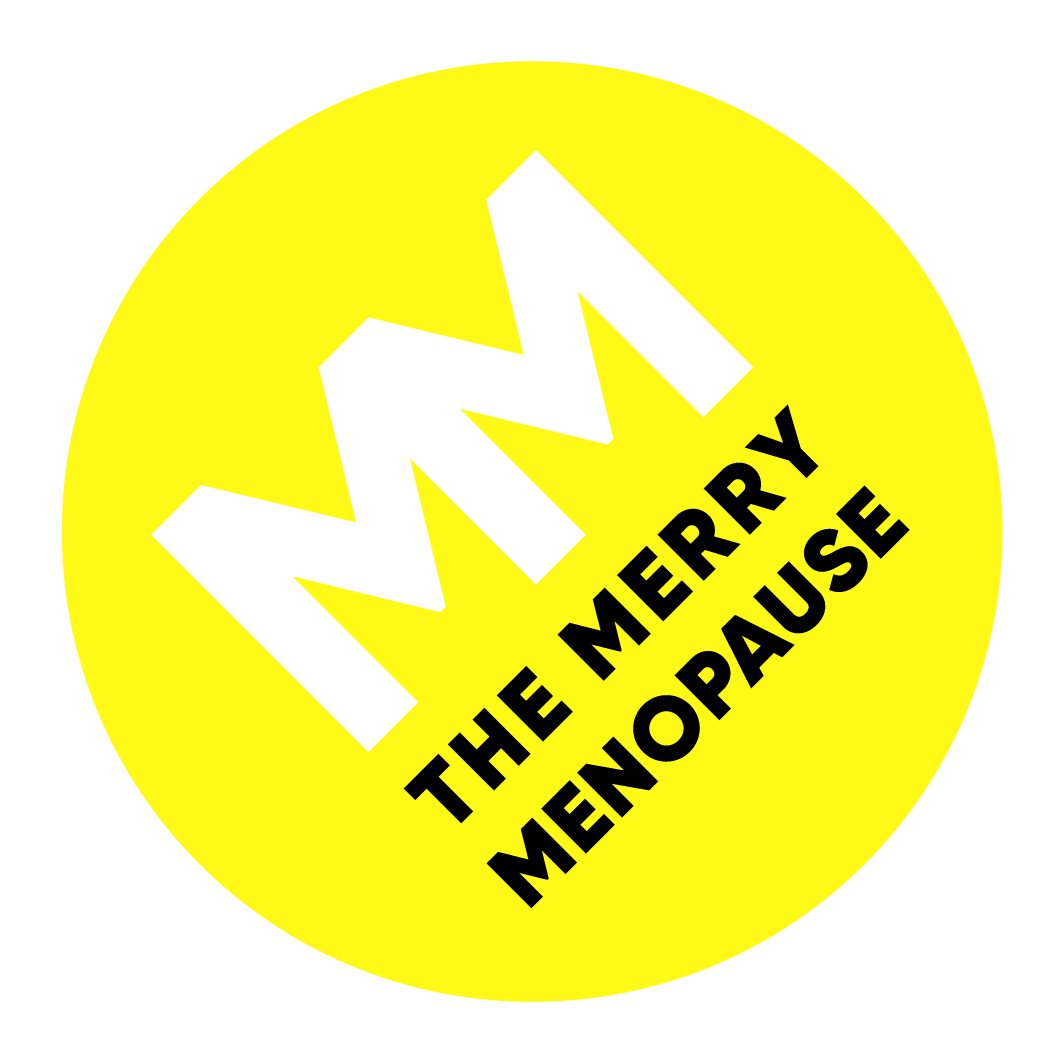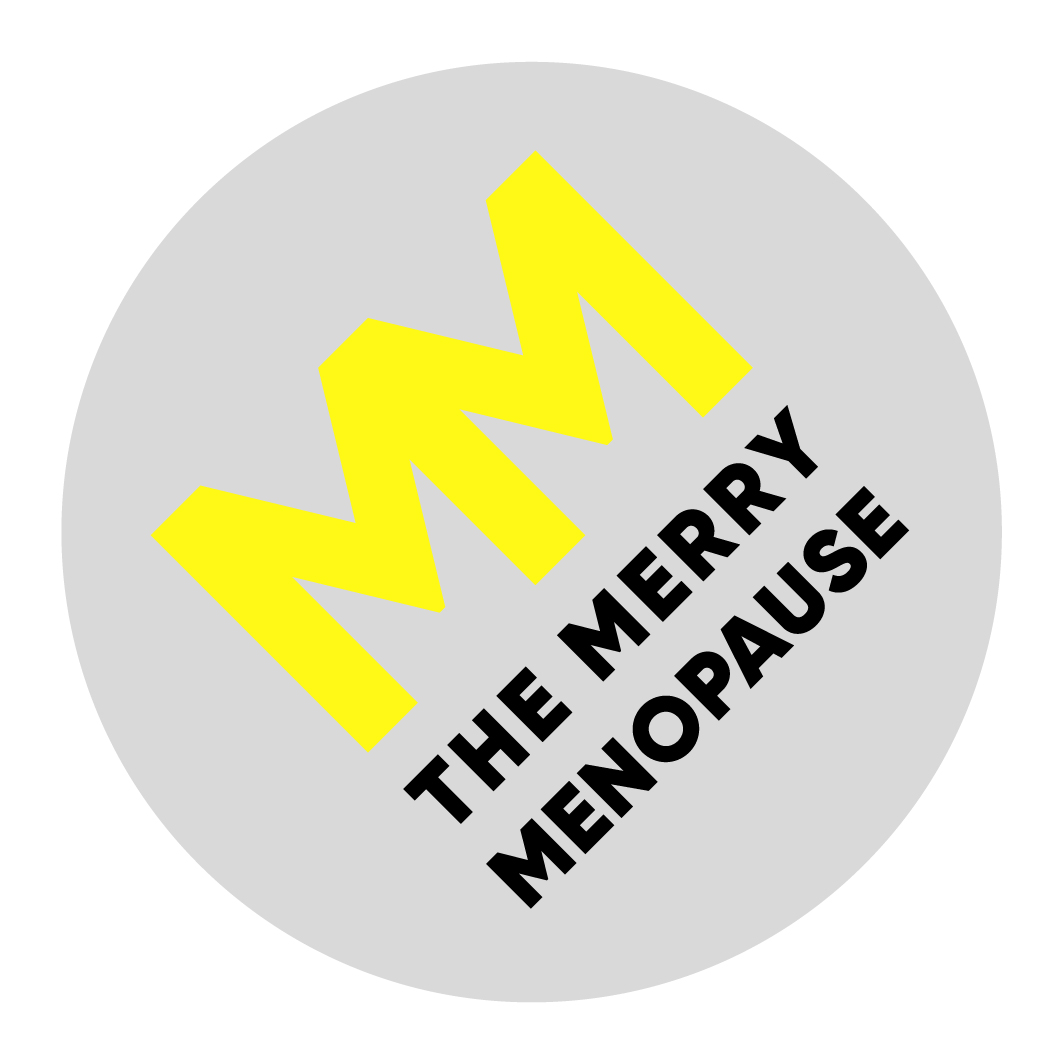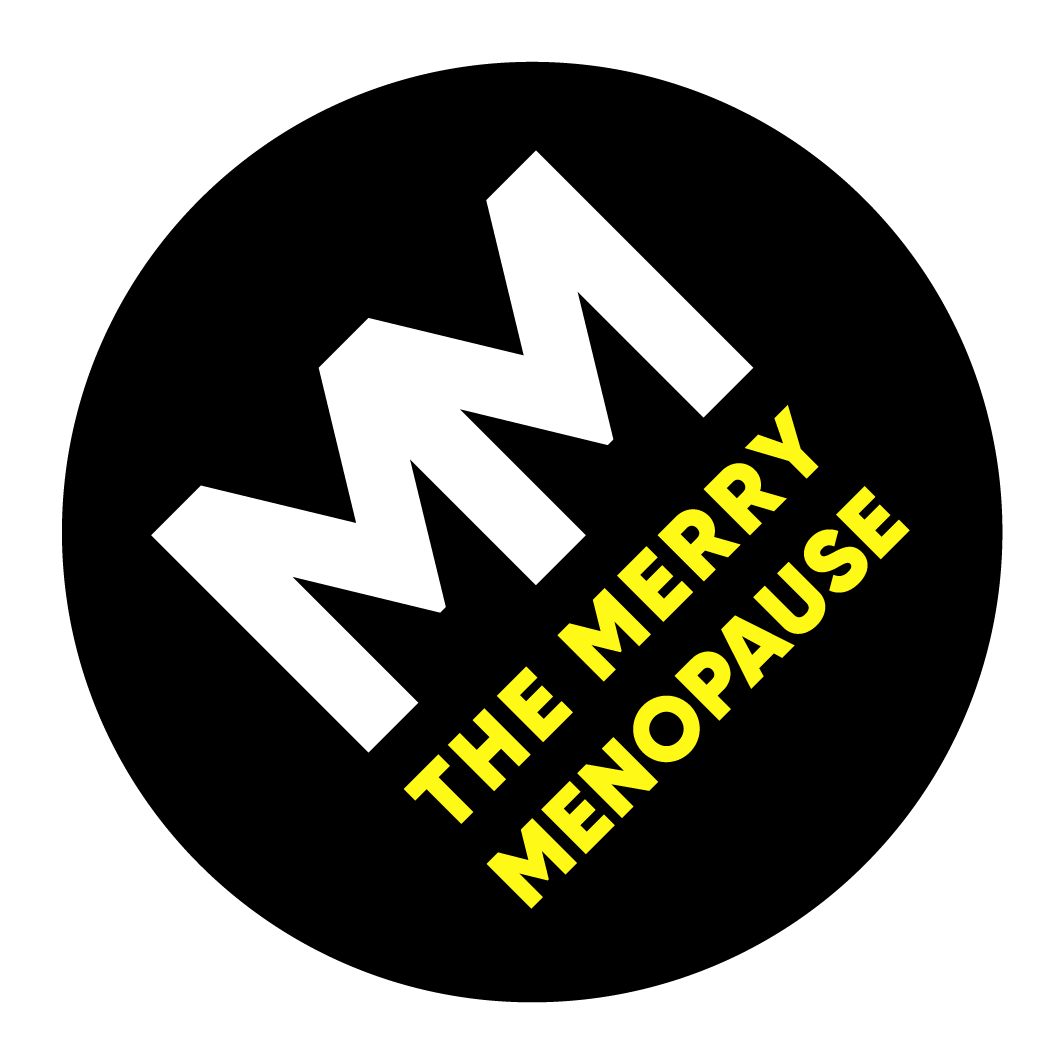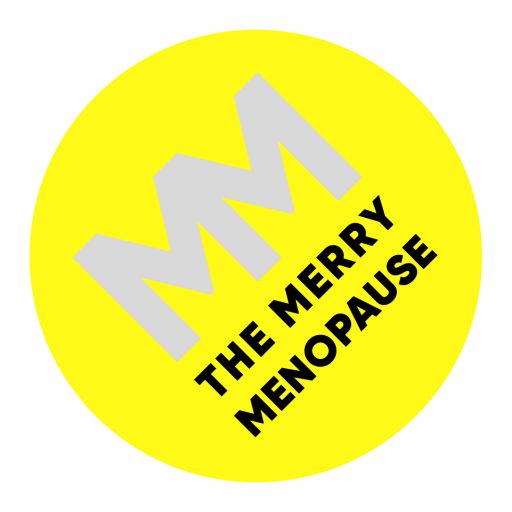
19 Aug The Three Most Common Symptoms Of The Perimenopause are EMOTIONAL
Anxiety, brain fog and low mood are the three most common EMOTIONAL symptoms of the perimenopause. ⠀
They are less obvious than the more common and widely discussed physical symptoms, hot flushes and night sweats, but the EMOTIONAL symptoms are the ones we can start to experience from our early 40s and they are very often wrongly diagnosed as depression and/or the early onset of dementia.⠀
If you don’t know about these symptoms, your experience of them can be compounded. If however, you are aware that you are experiencing a natural and unavoidable hormonal change you can make an informed choice as to the course of action you chose to take to manage your symptoms. Awareness is key. You are not alone.⠀
Global Anxiety Disorder – GAD
GAD Global Anxiety Disorder is when you experience regular heightened anxiety even when there isn’t a reason to worry. ⠀
GAD is when you worry about everything, not a specific issue. It is one of the first symptoms of the Perimenopause and can come out of nowhere in your early 40s. It is often diagnosed as a symptom of depression and treated with anti-depressants. ⠀
If like me and many other women in their 40s and 50s you experience unexplained anxiety, you are not depressed, you are experiencing a symptom of the natural hormonal change in your body and you will be OK.
COGNITIVE IMPAIRMENT
Brain fog, irritability, memory loss, and lack of concentration are all medically defined as cognitive impairment. Many women transitioning from the perimenopause to the menopause will experience these symptoms and they are often misdiagnosed as ‘mild cognitive impairment’ a precursor to dementia. ⠀
GPs may also check for thyroid issues or a vitamin deficiency, but in many cases, they are not considering a women’s age and menstrual history as the cause of their cognitive difficulties.⠀
This experience is NORMAL. Our brains are sensitive to fluctuating levels of oestrogen. This affects our memory, our concentration, our mood, but these effects are TEMPORARY. The postmenopausal brain will adjust to the decline in hormone levels and the clouds will clear and the fog will lift. Have faith in your body’s ability to balance itself out. Everything is going to be ok. Know that you are not going mad and that you are not alone.
LOW MOOD
Hormone fluctuations, physical changes leading to self-esteem issues around body image, a drop in libido, and general life stresses can cause emotional distress that results in mood swings and low mood, the menopause blues.
One minute we can be on a happy high and the next a teary-eyed low. One great day, followed immediately by a crappy one. These ups and downs during this transitional period are related to the fluctuation of hormones produced by our ovaries Add into the mix sleepiness nights due to night sweats it’s no surprise that our mood is affected negatively by all that life and our bodies are throwing at us.
These mood swings can be debilitating it’s time to show yourself some love and cut yourself some slack. Know that these mood swings are hormone-related and that they won’t last. We are not turning into miserable human beings, we are riding a tough wave, and we will get through it. Know that you are not alone.



